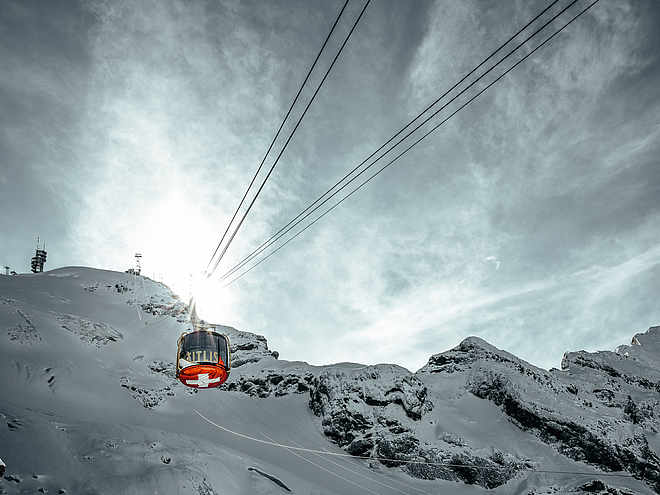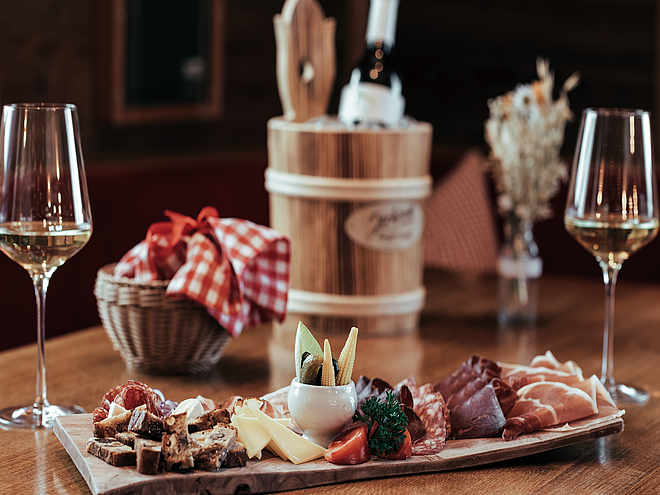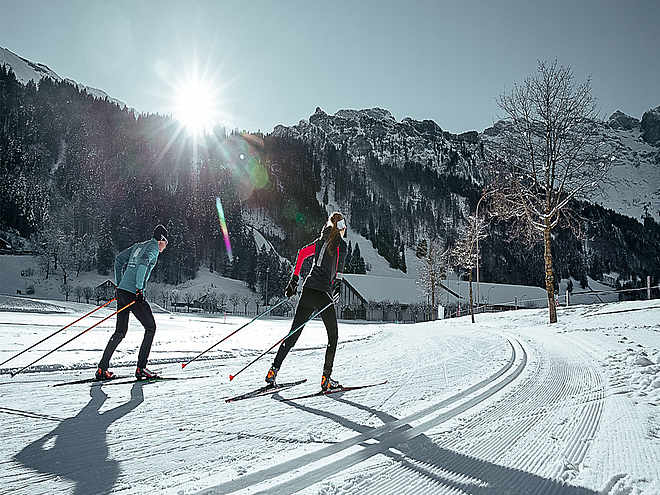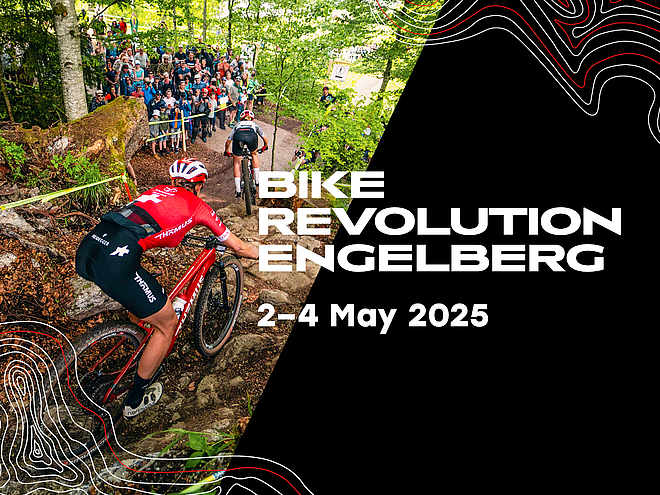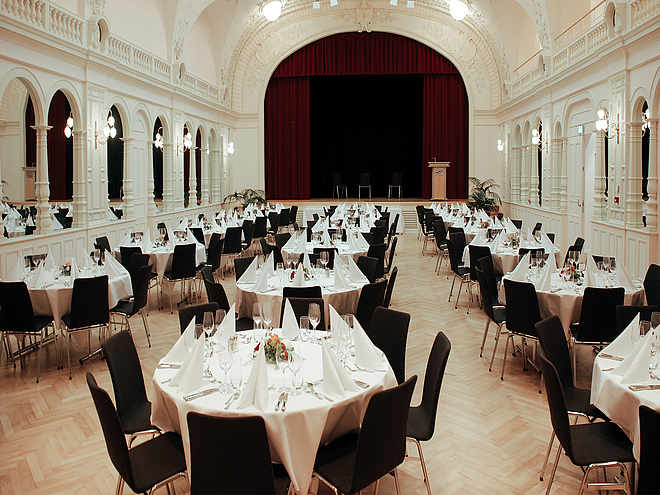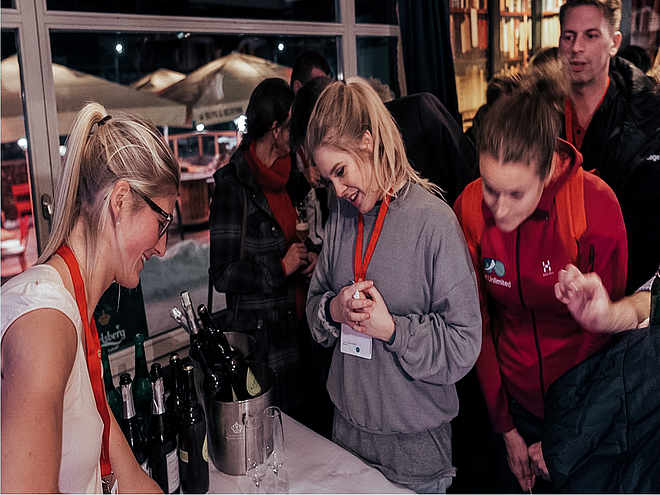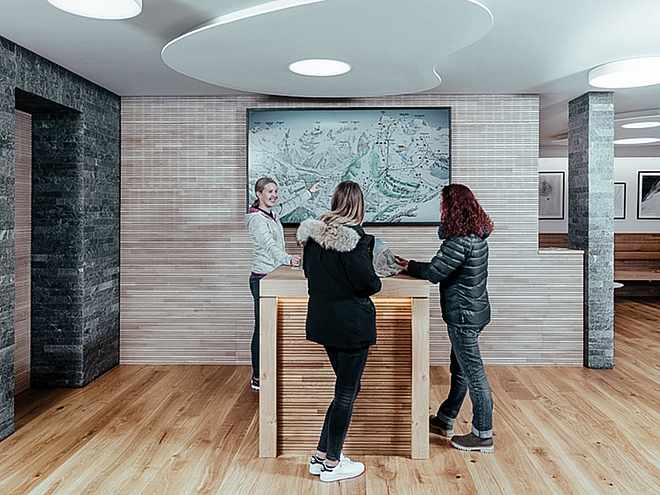Bernhard Aregger is the new OC President of the World Cup in Engelberg. What draws a man from Entlebuch to Engelberg, what drives him and where do the biggest challenges await him? He told us all this and much more in an interview.
What draws someone from Entlebuch to Engelberg? Or to put it another way, why did you take on the role of organising committee president?
I think it's an exciting idea with prospects, the event takes place in the beautiful Engelberg Valley and there are interesting people behind it.
What drives you to invest so much time and passion in ski jumping?
Ski jumping hasn't just been on my mind since yesterday, but has been in my other roles at the ZSSV or before. During my time at Swiss-Ski, I was also committed to the smaller sports - especially ski jumping. For example, I advocated for the ski jumping hills in Einsiedeln and Kandersteg so that they would remain ready for jumping. For me, it is a very attractive sport in which Switzerland has been somewhat on the defensive in recent years. When the successes return, ski jumping will have an incredible appeal. Nationally and internationally.
Gregor Deschwanden impressed at the Summer Grand Prix, and with Sina Arnet, an Engelberg native is even competing in the World Cup. Nevertheless, Switzerland lacks a figurehead like Simon Ammann once was. How important would such a main character be for the event?
It's hugely important. The interest of the Swiss public naturally increases when a Swiss athlete jumps strongly. With Sina Arnet, we have a stroke of luck in Engelberg: if she stays healthy, manages to qualify here and then stands at the start, it will be the icing on the cake.
In your first year as OC President, there is a première and we are welcoming women to Engelberg for the first time. What does that mean to you personally?
It means a lot to me. When I was asked to take on the role, one of the criteria was that I wanted to integrate the women into the World Cup. It's very exciting and they deserve it. Integration is an important step that will help to secure the future of Engelberg as a World Cup destination.
What challenges has the integration of women brought with it?
Quite big ones. The weekend schedule alone was a challenge. You also suddenly have two different teams, which brings with it logistical and infrastructural challenges. Ultimately, all of this also has an impact on the finances.
Where do you generally face the biggest challenges?
On the one hand, there is the interaction between women and men, which is a cost factor as I mentioned. There are price increases everywhere, which we are trying to compensate for. Finding the right balance is a major challenge.
How are you tackling this challenge specifically?
I joined the OC from outside and had countless one-to-one meetings at the beginning to understand the whole structure. That was crucial. In the second step, I analysed how the organisation worked. Next, I looked at how the structure could be adapted so that we could take all the good things - the expertise and the people - with us, but at the same time achieve a leaner structure.
What goals and ideas are you pursuing to further develop the event?
I always said we'd do a retrofit: keep the good things and build on them. I didn't want to throw everything overboard. We did the retrofit with the inclusion of the women. As a result, the weekend lasts longer, which has an impact on the entertainment. We're working in the same style there too - keeping what's good, but filling the content differently so that you can see that something fresh is also coming.
Ideas and goals always sound good. Unfortunately, they often require money. You've already mentioned finances. How do you see the financial future?
The idea, of course, is to develop the event so that it becomes financially sustainable. I'm positive about the future because the potential is there. It is important that we recognise the potential and find a way to make savings and at the same time develop new, additional funds by increasing the attractiveness and adapting the event.
Ski jumping will never be able to attract the same crowds in Switzerland as alpine ski racing, for example. Do you have any good arguments why people should come to Engelberg?
Our ski jump has the steepest inrun in the entire World Cup and the athletes show absolute top performances at world-class level. The whole thing is framed by a top entertainment programme. And simply because Engelberg is always worth a visit.
There are currently 13 promising ski jumpers at the Sportmittelschule Engelberg. We will see some of them jumping the hill at the World Cup or the Continental Cup. Does it bother you that the ski jump can't be used for training purposes all year round or at least in winter?
A training facility would of course be ideal. But it is fundamentally much more important that the 13 top athletes are together at one school. For many months of the year, alpine ski racers don't have the slopes in front of their classrooms. It's purely a question of organisation.
Switzerland is interested in hosting the Winter Olympics in 2030. What role would Engelberg play with its big hill?
A very important one. We are the only World Cup organiser in Switzerland and the only one with a large hill. We also have the necessary terrain chamber to be able to organise a Nordic combined event. The location of Engelberg, with its proximity to the urban area, offers optimal conditions for meeting the logistical and infrastructural requirements. The proportion of existing infrastructure is very high.
Author
Andrea Hurschler
Responsible for the communication of the Viessmann FIS Ski Jumping World Cup Engelberg, the Andrea Hurschler works with great enthusiasm in the core committee of the event organisation.






